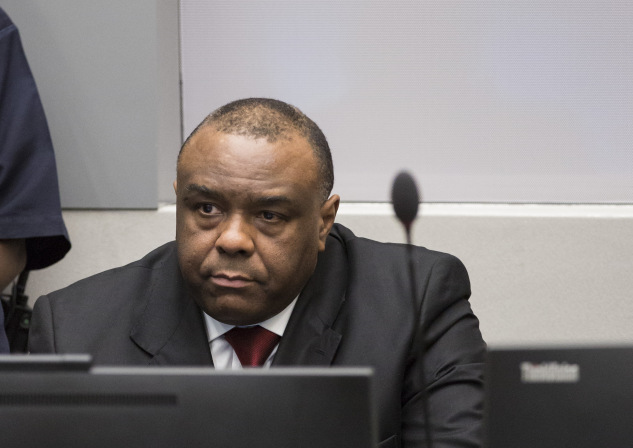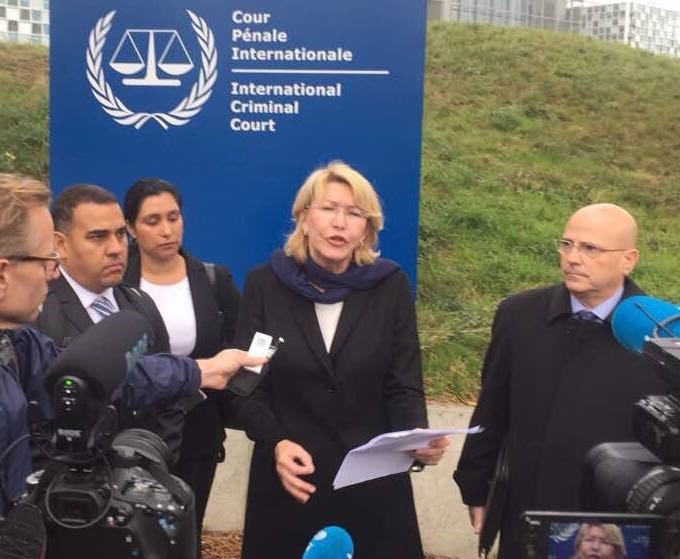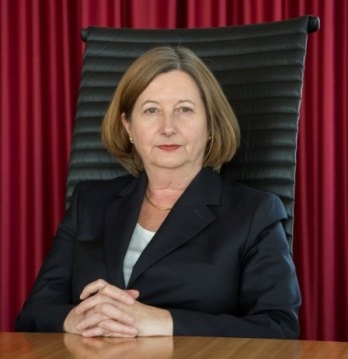Sidebar
ICC News
On 8 June 2018, after a 10-year odyssey of proceedings, hundreds of submissions (oral and written), roughly 48 months of trial, 77 witnesses, 733 admitted items of evidence, 1219 written trial decisions and orders, and at the expense of an incredible amount of human and financial resources, Jean-Pierre Bemba Gombo was acquitted by the International Criminal Court (ICC) Appeals Chamber of all charges (murder and rape as crimes against humanity, murder and rape as war crimes, and pillaging as a war crime) that he was unanimously convicted of by Trial Chamber III (Presiding Judge Sylvia Steiner, Judge Joyce Aluoch, and Judge Kuniko Ozaki).
Would you choose to buy a product if you knew it has been produced by slaves? Probably not; but reality is, in many countries around the world slavery still does exist. It is known as “modern slavery” to differentiate it from the slave trading that took place in North America between the 15th and the 19th century, but it has no difference. People including women and children are still exploited and involved in the textile industry, in plantations, constructions sites, and in the mining industry. Potentially, any product we use could have been, at some point, in the hands of a slave. This has nothing to do with a sustainable economy, and to raise awareness about the issue of “modern slavery” today we speak with Elise Groulx.
Works of the fifth session of member states have been inaugurated in Hague on Wednesday, morning, 16th November 2016.
Head of the session has delivered speech as well as Prince Zaid Bin Raad, the higher delegate of the United Nations for Human Rights in Geneva, President of the Court Silvia Gormandi and General Prosecutor of the Court Judge/ Vatu Bensoda in the opening session. The following are the main matters discussed in the session:
Today, 4 May 2016, a ceremony was held at the site of the new premises of the International Criminal Court (ICC) in The Hague, the Netherlands, to mark the May 1940 bombings of the Dutch military barracks formerly located at the site. The ceremony included remarks from ICC Registrar Herman von Hebel, Brig Gen G.W. van Keulen, and the Mayor of The Hague, Mr Jozias van Aartsen, and the unveiling of a plaque in honor of those who lost their lives during the attack.
The complaint is reaffirmed with an agile and rapid response from the International Criminal Court for crimes against humanity, which unfortunately are being committed every day in Venezuela. This will fulfill one of its purposes, that the authors of the most execrable crimes that constitute a threat to the peace, security and well-being of humanity, will not go unpunished.
Blas J. Imbroda, president of the International Criminal Bar, joined the initiative of the former Attorney General of Venezuela to get the Criminal Court of The Hague to judge the president and several Chavez soldiers for crimes against humanity. The jurist, who chairs one of the most important lawyers' organizations in the world, is an expert in Criminal Law and International Criminal Law and professor at the Universities of Melilla and Isabel I.
International Criminal Court (ICC) judges will hear the evidence of two witnesses as part of the sentencing hearing for Jean-Pierre Bemba, the former Congolese vice president who was last March found guilty of war crimes and crimes against humanity. The judges will also hear the views and concerns of two victims. However, judges rejected a request by Bemba’s lawyers to recall two individuals who testified for the defense during the trial.
We enclose an interesting interview about the career of the President of the ICC, the Judge Silvia Fernández de Gurmendi from her inception to the present.
It is an interview of Mark Kersten published in last January 6 in Justice in Conflict.
Mark is a researcher, consultant and teacher based at the Munk School of Global Affairs in Toronto, Canada. His research focuses on the nexus of international criminal justice and conflict resolution. Specifically, Mark's work examines the politics of the International Criminal Court and the effects of its interventions on peace, justice and conflict processes.








